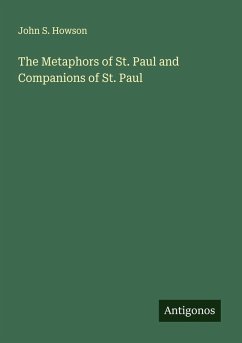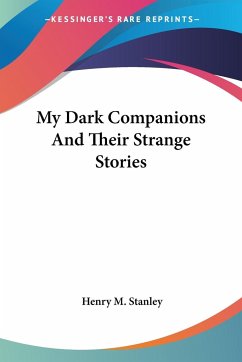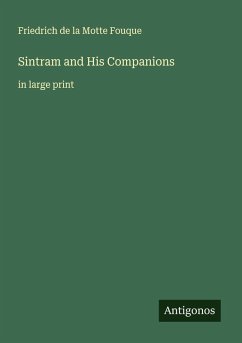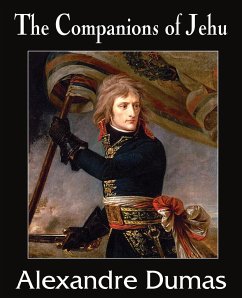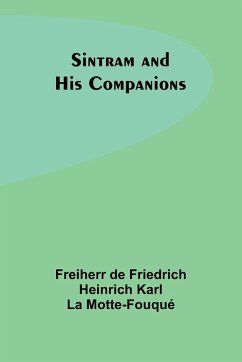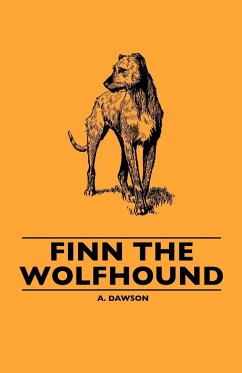
Finn and His Companions
Versandkostenfrei!
Versandfertig in 1-2 Wochen
16,99 €
inkl. MwSt.

PAYBACK Punkte
8 °P sammeln!
This children's book tells the story of Finn, who was the father of the great poet Ossian. This is a story of the influence of St. Patrick (and hence Christianity) on the Irish people, with the mythical Finn as the centerpiece of this emergence of an Irish sentiment. A very interesting study in early Irish/pagan/druid history filled with all the usual characters including dragons and warriors and mystics. Standish James O'Grady (1846-1928) was a leading figure in the Irish Celtic literary renaissance. He grew up under the old feudal regime, passed through the great agrarian revolution, and fin...
This children's book tells the story of Finn, who was the father of the great poet Ossian. This is a story of the influence of St. Patrick (and hence Christianity) on the Irish people, with the mythical Finn as the centerpiece of this emergence of an Irish sentiment. A very interesting study in early Irish/pagan/druid history filled with all the usual characters including dragons and warriors and mystics. Standish James O'Grady (1846-1928) was a leading figure in the Irish Celtic literary renaissance. He grew up under the old feudal regime, passed through the great agrarian revolution, and finally lived to see Southern Ireland a Free State, ruled by a democracy.





